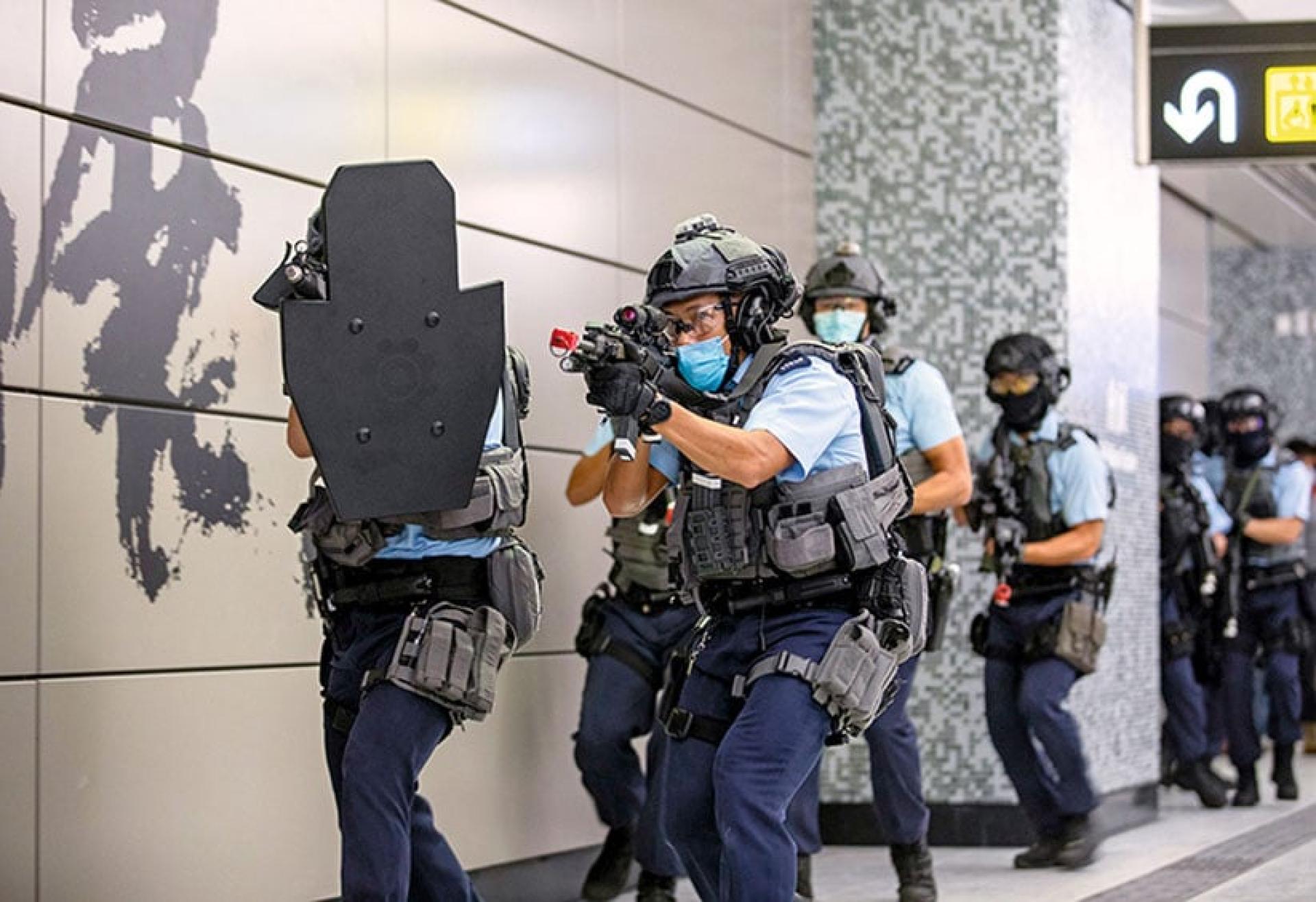The Hong Kong Counter-Terrorism Supervisory Body held its first meeting on the 13th, concluding that Hong Kong also faces international terrorist threats and local terrorism risks, and has decided to conduct a large-scale counter-terrorism exercise in late August.
The Hong Kong 'Chief Executive's Counter-Terrorism Supervisory Team' held its inaugural meeting on August 13. During the meeting, Hong Kong Chief Executive John Lee stated that while Hong Kong is generally safe and stable, the global terrorism landscape is complex and ever-changing. As an international city, Hong Kong likewise faces international terrorist threats and risks of local terrorism, therefore it is necessary to further strengthen the government's overall counter-terrorism efforts.
Accordingly, a large-scale cross-departmental counter-terrorism drill will be held in Hong Kong in late August, simulating terrorist attacks on key infrastructure, to improve the government's preparedness and response capabilities.
According to Lee, large-scale counter-terrorism drills effectively raise awareness and enhance the coordination and response abilities of policy bureaus and departments when facing different types of terrorist attacks.
As early as 2018, Hong Kong established an Interdepartmental Counter-Terrorism Task Force, with members mainly from Hong Kong's six disciplinary services, including Customs, Correctional Services, Fire Services Department, Government Flying Service, Hong Kong Police Force, and Immigration Department.
In last year's Policy Address, the Chief Executive proposed introducing a 'three-tier prevention mechanism' to strengthen counter-terrorism preparedness, which mainly includes the establishment of a 'Chief Executive's Counter-Terrorism Supervisory Group,' a 'Secretary for Security's Counter-Terrorism Coordination Group,' and an interdepartmental working group to follow up on the concrete research and implementation of counter-terrorism work. Among them, the Interdepartmental Counter-Terrorism Task Force will strengthen coordination of intelligence gathering among disciplinary services, increase cross-departmental drills, and engage in public education on counter-terrorism to enhance the region's prevention and response capabilities.
